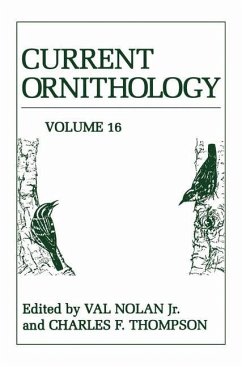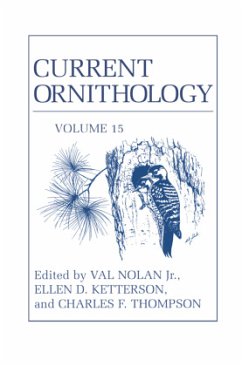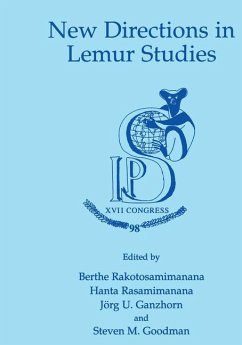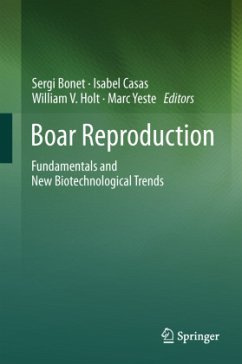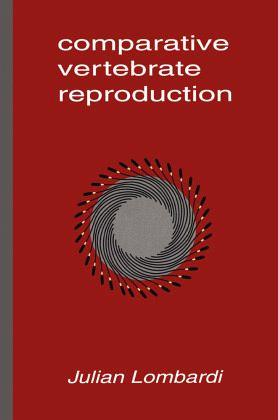
Comparative Vertebrate Reproduction
Versandkostenfrei!
Versandfertig in 1-2 Wochen
153,99 €
inkl. MwSt.
Weitere Ausgaben:

PAYBACK Punkte
77 °P sammeln!
Comparative Vertebrate Reproduction is the only comprehensive textbook covering major topics in the reproductive biology of vertebrates, from sexuality and gametogenesis to reproductive ecology and life history tactics. The work draws heavily on recent reviews and papers while placing topics in a historical context and conceptual framework. In addition, the author provides detailed comparative surveys of each of the major topics discussed. Comparative Vertebrate Reproduction has been written as a textbook for upper-level undergraduate and graduate-level students in biology, zoology, physiolog...
Comparative Vertebrate Reproduction is the only comprehensive textbook covering major topics in the reproductive biology of vertebrates, from sexuality and gametogenesis to reproductive ecology and life history tactics. The work draws heavily on recent reviews and papers while placing topics in a historical context and conceptual framework. In addition, the author provides detailed comparative surveys of each of the major topics discussed.
Comparative Vertebrate Reproduction has been written as a textbook for upper-level undergraduate and graduate-level students in biology, zoology, physiology, animal science, and veterinary medicine. The work also serves as an excellent reference for researchers in medical and veterinary schools working in reproductive medicine.
Comparative Vertebrate Reproduction has been written as a textbook for upper-level undergraduate and graduate-level students in biology, zoology, physiology, animal science, and veterinary medicine. The work also serves as an excellent reference for researchers in medical and veterinary schools working in reproductive medicine.




